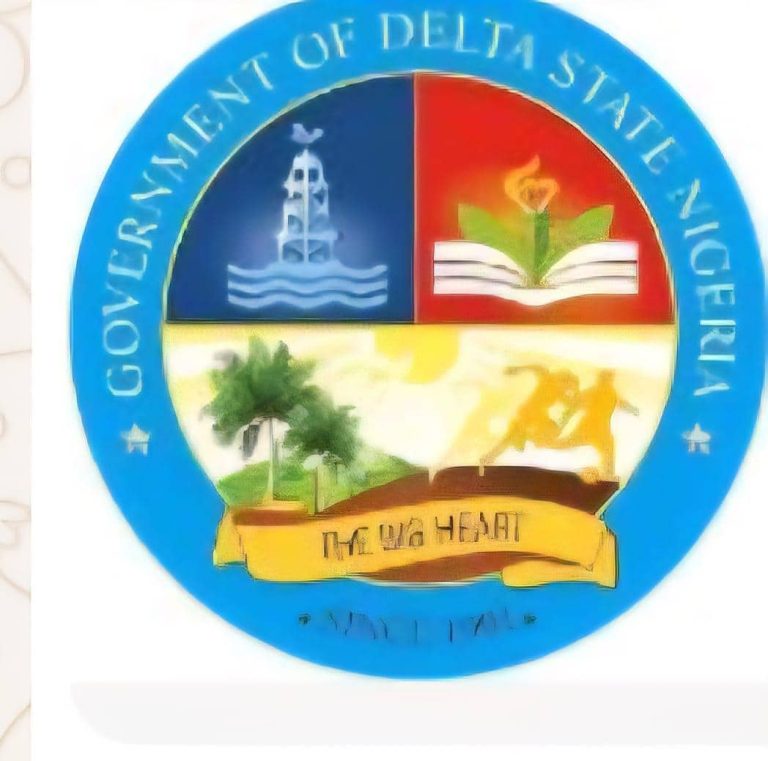
The World Health Organization (WHO) has raised alarm over the immediate suspension of funding for HIV programs in low- and middle-income countries, including Nigeria.
This funding, primarily provided through the United States President’s Emergency Plan for AIDS Relief (PEPFAR), supports life-saving HIV therapy for over 30 million people globally.
WHO warns that the funding pause will severely disrupt HIV programs, jeopardizing access to antiretroviral treatment (ART) for millions of individuals. The organization has called on the United States government to grant additional exemptions to ensure the uninterrupted delivery of these essential treatments. Over 1.9 million Nigerians are currently reliant on ART under PEPFAR-supported initiatives.
The WHO statement outlined the broader implications of the funding cut, highlighting risks to scientific advancements and public health partnerships. It also emphasized the importance of innovative diagnostics, affordable medicines, and community-driven HIV care models that have been central to global progress in HIV treatment and prevention.
PEPFAR, established in 2003, is the world’s largest health initiative dedicated to combating a single disease. Over the past two decades, it has saved more than 26 million lives and significantly contributed to the global fight against HIV/AIDS. In Nigeria, PEPFAR has invested over $7.8 billion to expand access to treatment, strengthen healthcare systems, and reduce the prevalence of HIV. The program has increased the number of ART sites in the country from 25 in 2001 to over 1,000 today, helping to lower the HIV infection rate from 5.1% in 2003 to 1.4% in 2018.
PEPFAR’s goals include eliminating HIV/AIDS as a public health issue by 2030 and supporting countries like Nigeria in achieving the “95-95-95” targets, which focus on diagnosing, treating, and maintaining treatment for people living with HIV. WHO has stressed that a sudden and prolonged funding halt undermines these efforts and puts millions of lives at risk. The organization has reaffirmed its commitment to supporting national governments and global partners in managing this crisis effectively.




